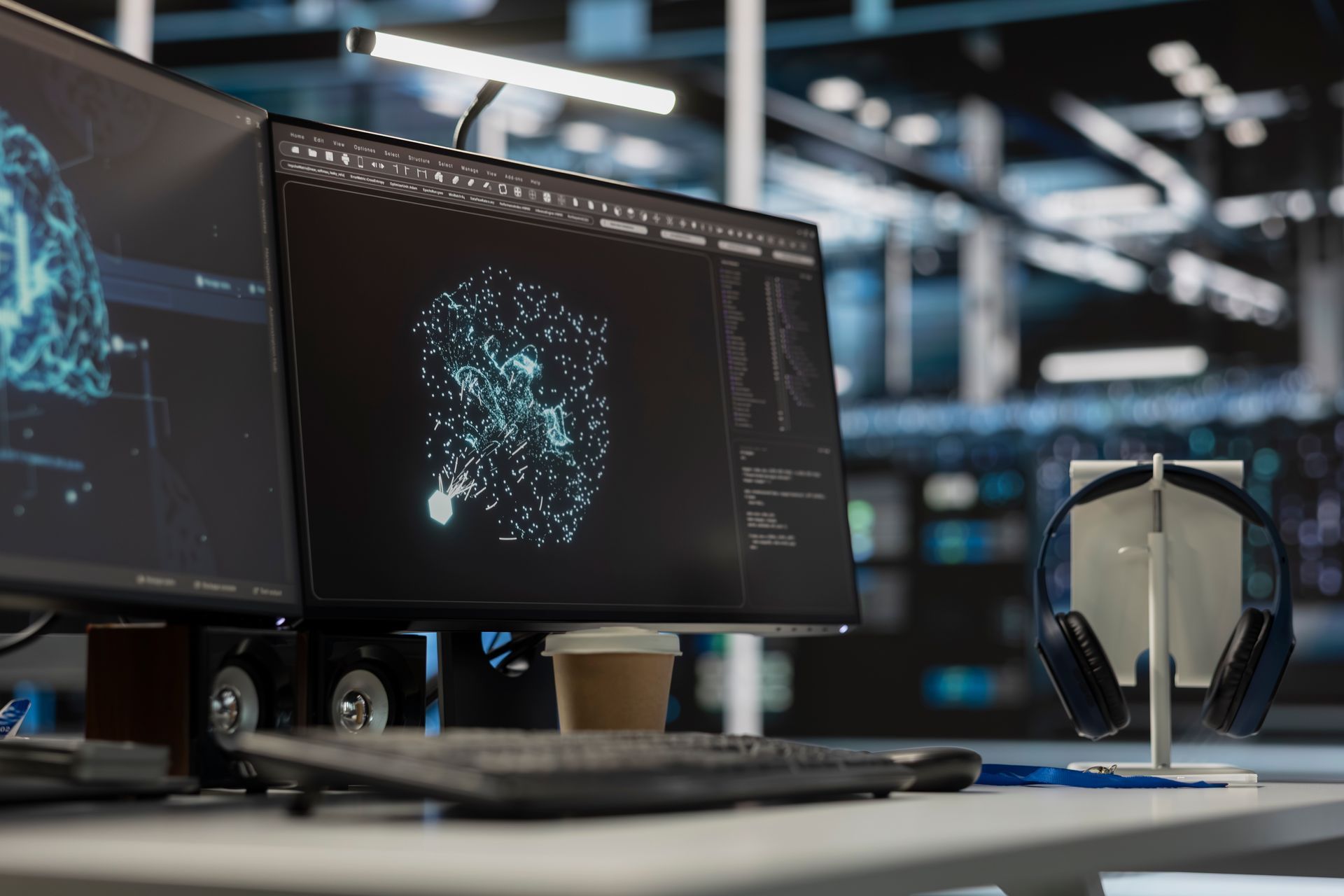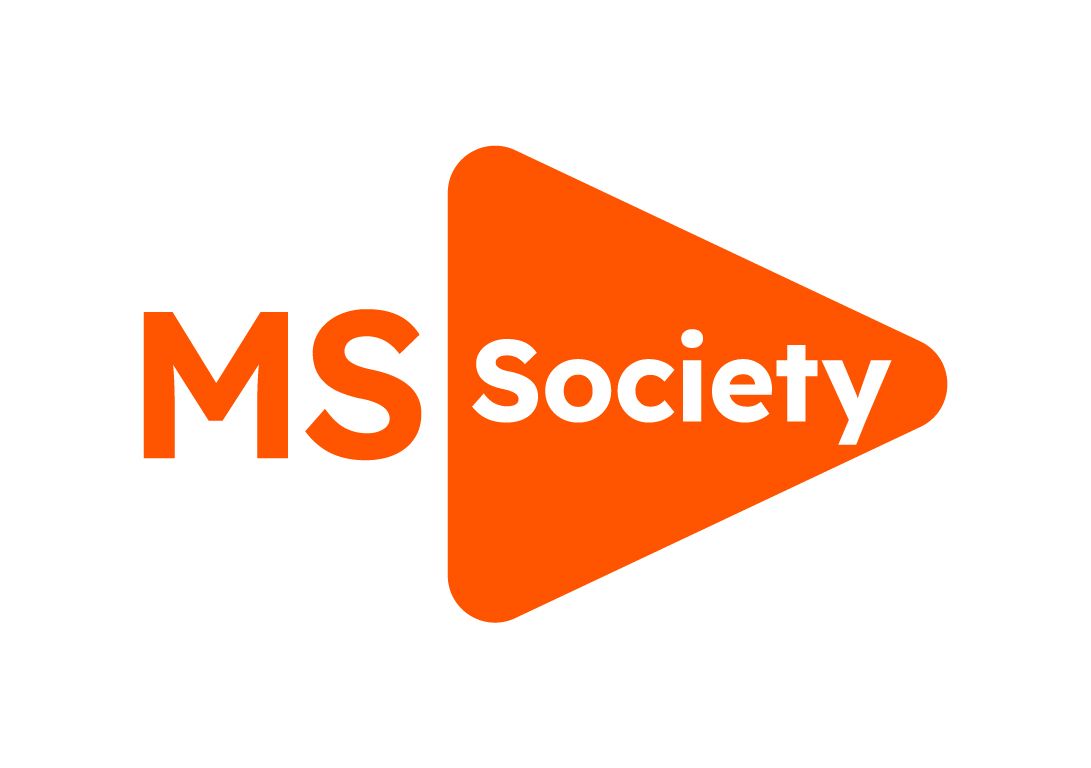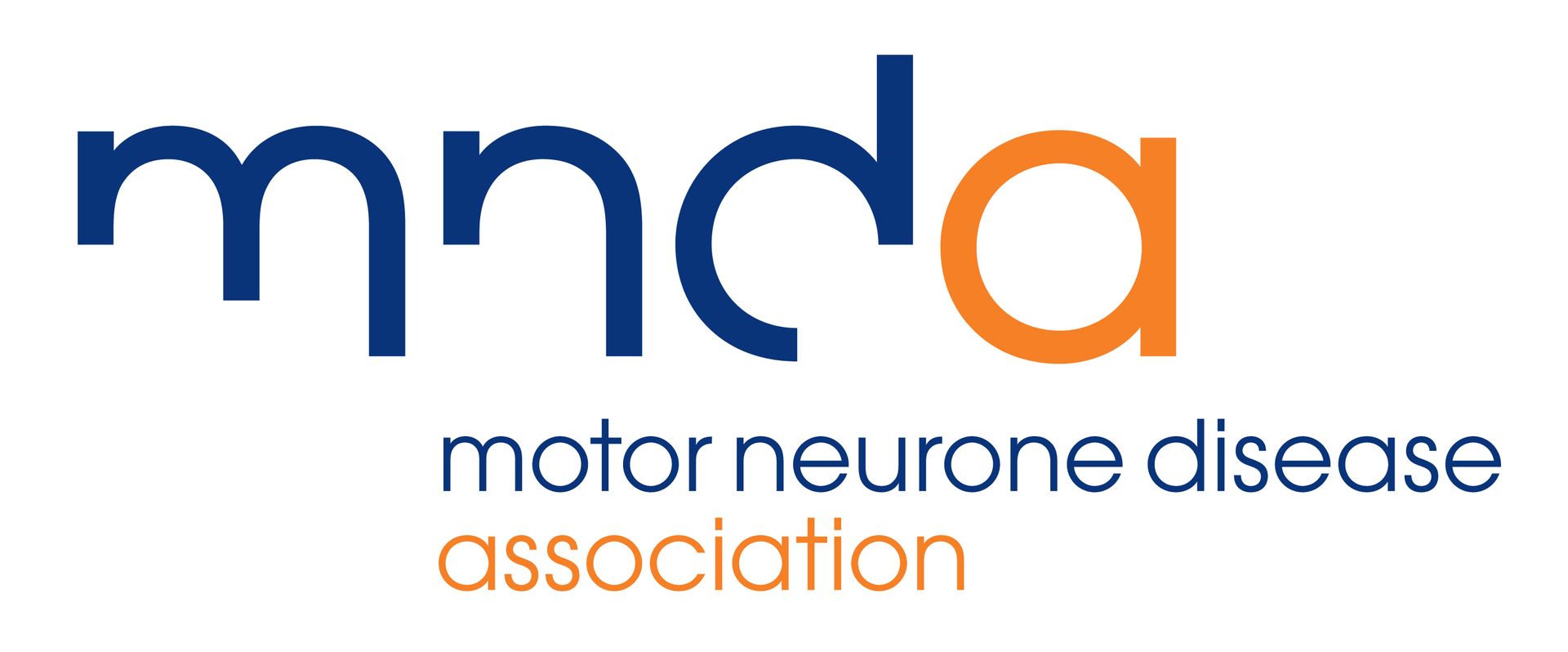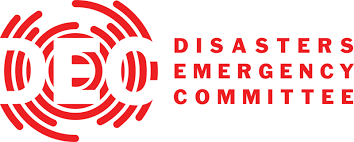Building a Dynamic Pre-Event Support Team: Harnessing the Power of Multidisciplinary Expertise
Establishing an Effective Cross-Functional Team for Seamless Collaboration
To ensure the smooth functioning of a cross-functional team, certain key elements must be in place. These include:
- Designated team leadership: It is crucial to have a designated lead team that can make informed decisions and provide clear guidance. Each cross-functional team should also have a designated leader responsible for overseeing their specific areas.
- Shared understanding of goals and purpose: To establish a strong foundation for the event, all team members must have a shared understanding of why the event is being held and what constitutes success. This ensures that everyone is aligned and working towards the same objectives.
- Agreed-upon success metrics: Defining clear metrics that demonstrate a successful outcome is essential. Each team member should be aware of the metrics used to assess the event's success, enabling them to focus their efforts on activities that contribute to achieving those metrics.
Furthermore, the opportunity to bring in technology specialists and new team members allows for the expansion of skill sets and the breaking down of traditional silos. This opens up possibilities for reimagining what can be accomplished, updating checklists, and establishing new workflows. Documentation of the entire process is crucial for building on the experience and applying insights to future events.
Event Planning Team:
The event planning team takes charge of the event's strategy and overall structure. They handle various aspects, including sourcing, event registration, travel arrangements, accommodation, budget management, content production, staffing, and feedback evaluation.
Event Marketing Team:
The marketing team plays a critical role in the event's success. They are responsible for determining the appropriate channels for promotion and implementing campaigns to generate interest. Their tasks may include:
- Designing and maintaining the event website
- Executing email marketing, digital advertising, and SEO campaigns to promote the event
- Developing and utilizing mobile apps and virtual event platforms
By establishing a strong cross-functional team that encompasses event planning and marketing expertise, you can ensure effective collaboration and maximize the success of your hybrid event.
Harnessing the Expertise of Digital Marketers and Teams for Hybrid Events
In the realm of hybrid events, the involvement of digital marketers and teams experienced in webinars can greatly contribute to shaping the overall event experience. However, it's crucial to also engage other specialized teams to ensure comprehensive event execution. Here are key teams and their roles:
Communications Team:
The communications team plays a vital role in effectively promoting and managing event-related information. Their responsibilities include:
- Social media management
- Public relations activities before, during, and after the event
- Sending informative emails to registered attendees to keep them engaged and informed, encouraging their participation
- Collaborating with sales or client-facing teams to drive registrations and manage attendee expectations leading up to the event
Content Team:
Planning a hybrid event expands the scope of the content function. A well-rounded content team should include:
- A content and resource expert who oversees the availability and utilization of content
- Creators, producers, and editors responsible for developing diverse forms of content
- A person dedicated to repurposing existing content for the hybrid event
Creative Team:
The creative team brings the event and your organization's brand to life by ensuring a cohesive and engaging experience. They contribute to the following areas:
- Collaborating with audiovisual and production providers to ensure seamless integration of creative elements in the in-person environment
- Managing media files, including videos and multimedia formats
- Designing and delivering graphic components, theming, branding, signage, and presentations for both the physical and online platforms
By leveraging the expertise of these teams, you can enhance the overall event experience, create engaging content, and maintain consistent branding across all aspects of your hybrid event.
Engaging Tech Specialists and AV Providers
Tech specialists and AV providers play a crucial role in accommodating the technology needs of your hybrid event, particularly for the virtual audience. Their responsibilities include:
- Determining and managing software and production tools, including virtual platforms, video resources, and streaming platforms
- Operating physical equipment such as cameras, lighting, and audio systems
- Assisting in the production and execution of the event
- Serving as technical resources and providing support to both the virtual and in-person audience
Consider the level of production required for different elements of your event. For keynotes and exclusive VIP interviews, you might want your professional team to pre-record them to ensure a studio-quality production. Additionally, production companies and creative teams can enhance the overall event experience by incorporating techniques such as lower thirds, transitions, animations, music, and unique graphics. It's important to explore what can be achieved within your budget.
Keep in mind that production tasks often take longer than anticipated. Allocate sufficient time to set up your teams for capturing and editing the necessary video content.
Speaker and Sponsor Management
Supporting and engaging speakers and sponsors is vital to the success of your event. This requires a dedicated team that is prepared to:
- Provide coaching and guidance to speakers regarding content and presentation formats
- Serve as event moderators, if necessary
- Manage speaker and sponsor deliverables, including bios, headshots, e-signed agreements, and website descriptions
- Handle speaker timelines, recording sessions, practice sessions, and other related tasks
By assembling these cross-functional teams and assigning them specific responsibilities, you can ensure a well-coordinated and successful event.
Venue and Hotel Staff
The selection of your venue has a significant impact on the overall structure and success of your event. If you opt for a hotel as your venue, their staff can play a crucial role in supporting your event, especially if the hotel has the necessary technology infrastructure and an in-house AV team. The venue/hotel staff responsibilities may include:
- Providing technical support and guidance regarding the venue's technology capabilities
- Coordinating with the in-house AV team to ensure seamless integration of audiovisual equipment and systems
- Assisting with logistics, such as room setup, lighting, and sound management
- Collaborating on event planning and execution, including coordinating schedules and timelines
- Offering expertise and advice on maximizing the use of venue spaces for both in-person and virtual experiences
- Managing any additional services or amenities offered by the venue, such as catering or accommodation arrangements
Working closely with the venue/hotel staff allows you to leverage their expertise and resources to enhance your event experience. It's essential to establish open communication and clearly communicate your event requirements to ensure a smooth collaboration.
